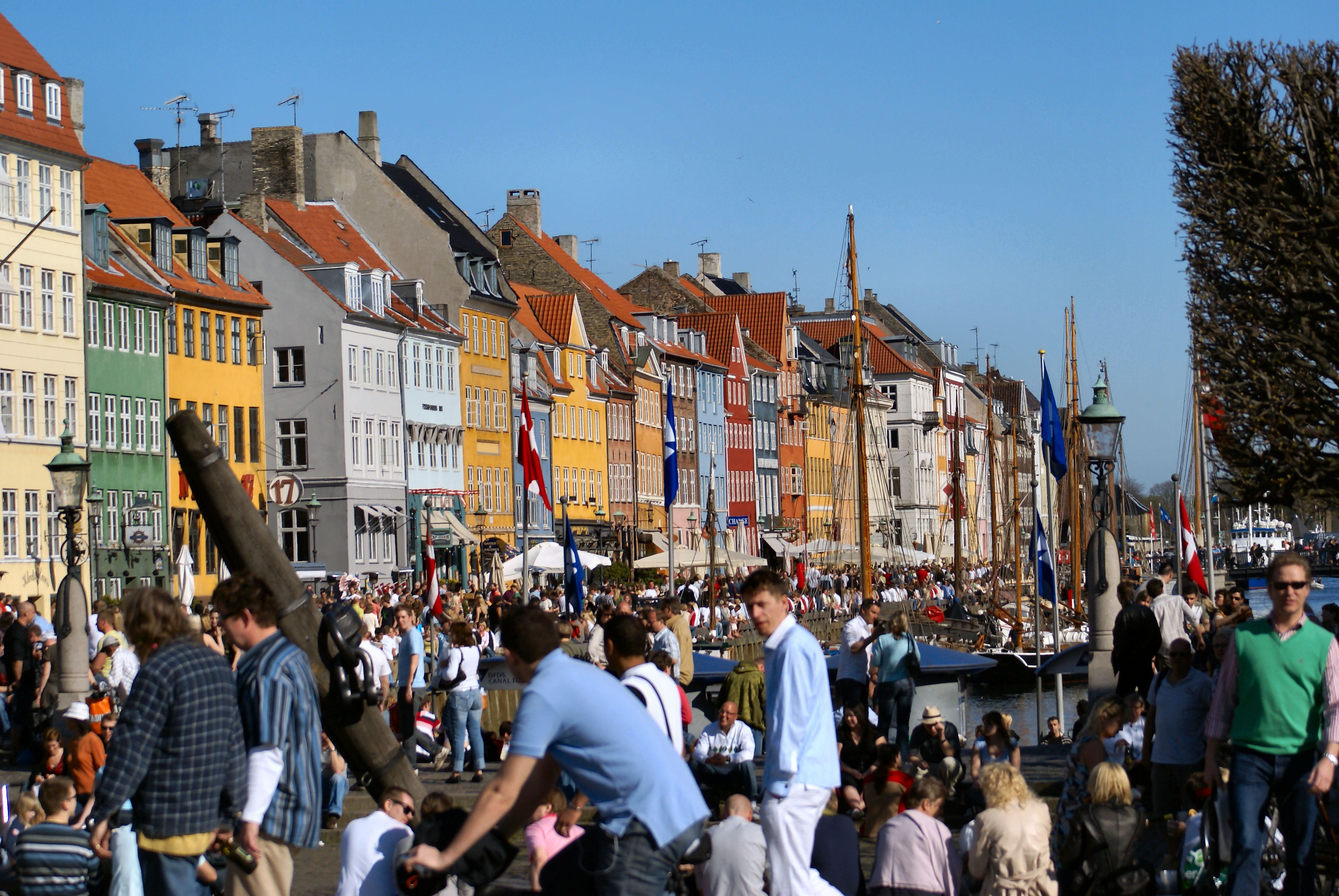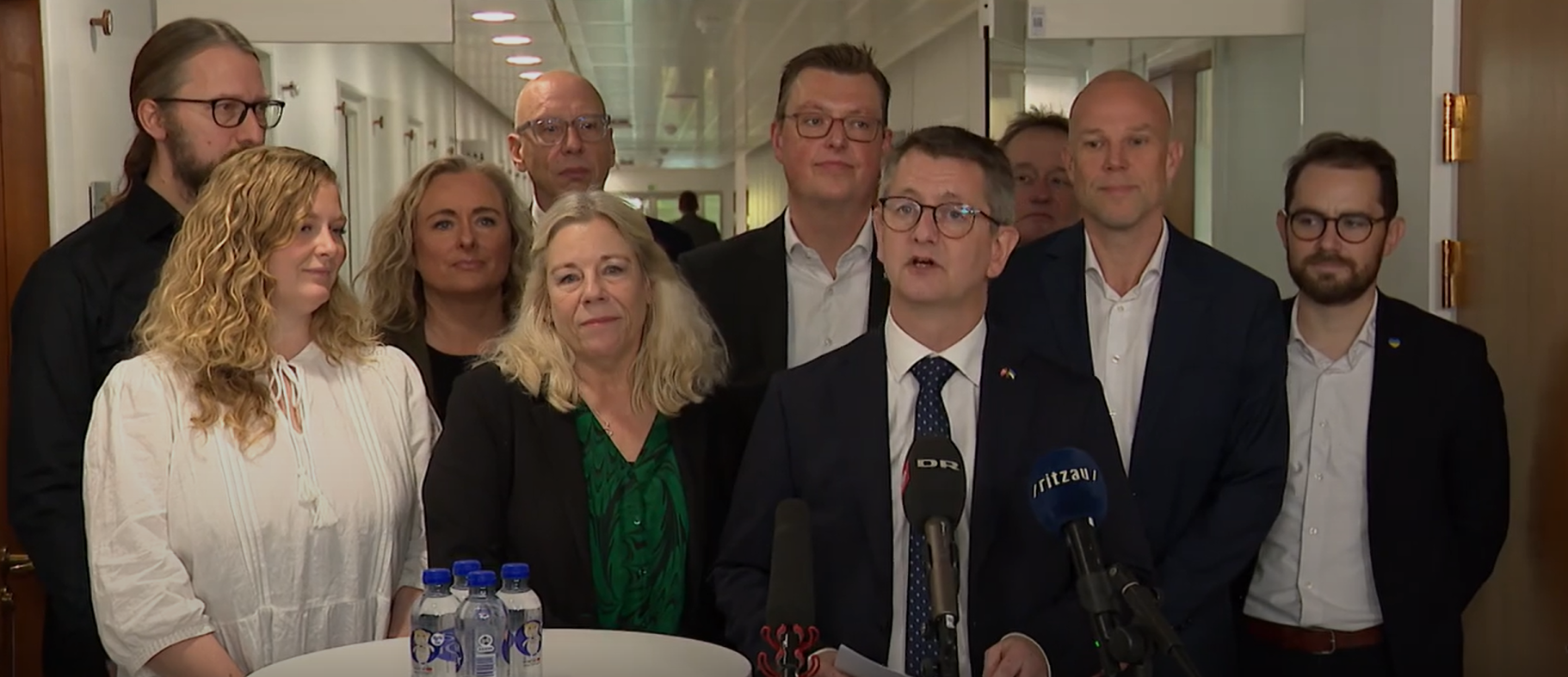The opposition is calling for a revision to a UN convention requiring stateless individuals to be granted citizenship in their country of birth after the most recent naturalisation passed parliament, despite including a number of individuals who would probably not had their applications approved had they been through the normal application procedure.
The list of candidates for naturalisation is usually passed without much fuss in parliament. But out of the 1,700 on this December’s list are 36 who are known to have committed serious offences in Denmark and one who is considered a threat to national security by the domestic intelligence agency, PET.
These 36 individuals are some of the 460 stateless individuals residing in Denmark – mostly children of Palestinian refugees – and are entitled to Danish citizenship under the 1961UN Convention on the Reduction of Statelessness.
Despite this entitlement, the previous government refused to grant stateless individuals automatic citizenship. The practice was detailed this spring and culminated in Birthe Rønn Hornbech (Venstre) being forced to step down as immigration minister, after it was revealed that she instructed the Immigration Service not to abide by the convention.
At least 40 stateless individuals are thought to have had their justified citizenship request denied as a result.
But while Denmark may now be granting stateless individuals their right to citizenship, some political parties disagree with a convention that allows candidates who ordinarily would be denied due to their criminal past avoid a lengthy vetting process.
Venstre, now in the opposition, is particularly vocal about the shortcomings of the convention, and in parliament yesterday while MPs were set to vote on the naturalisation of 1,700 individuals, Karsten Lauritzen, the party’s justice spokesperson, took the floor and revealed some of the crimes that the 36 individuals had committed.
In the list of convictions were two for violence or threats against the police, one for possession of a weapon, one for intimidation of witnesses, one for perjury, two for forgery and three for attempted murder.
“We in Venstre do not want to reward individuals with citizenship who are a threat to national security. We find it absurd.” Karsten Lauritzen said.
Venstre ended up voting in favour, as parliament must either reject approve the naturalisation list in its entirety. Voting against it would mean denying the vast majority of individuals who had fulfilled the requirements citizenship.
But Venstre has long argued that the convention needs changing in order to prevent stateless individuals with criminal backgrounds from becoming citizens.
According to the 1961 convention, stateless individuals have until age 21 to claim citizenship in the country of their birth, granted that they have remained in that country for ten years and have neither been sentenced to a crime for more than five years, nor been convicted of an offence against national security.
In the case of the individual flagged by PET as posing a potential threat to Denmark, the individual cannot be struck off the list as they have not been convicted of any crime.
The tricky position Denmark was treated in today’s editorial in Berlingske, which argued that the government needs to find a way to reinterpret, or change, the convention in order to prevent conferring citizenship onto dangerous individuals.
“Parliament has two important issues to consider with this case. The first is to consider the vast majority of applicants who have fulfilled the requirements for citizenship and should be warmly welcomed. The second is protection of citizens and a sense of justice,” Berlingske wrote.
“Citizenship is not a right, but a gift that only parliament can give.”











